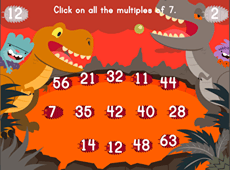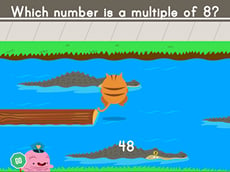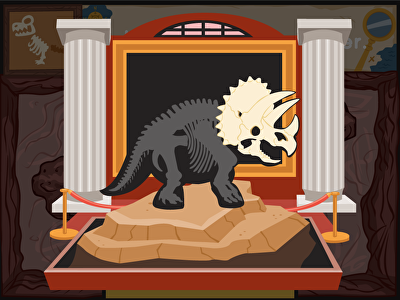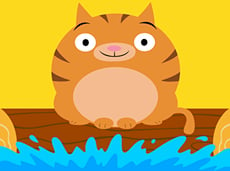Educational 4th Grade Number Theory Games
About Educational 4th Grade Number Theory Games
On Education.com, fourth-grade number theory games focus on factors, multiples, primes, composite numbers, and patterns using engaging, theme-based activities like Dino Skateboarding: Find the Factors or Dino Bones: Prime Numbers. These interactive games make abstract concepts approachable and fun for young learners, providing hands-on opportunities to practice classifying numbers and exploring mathematical relationships. The website offers a variety of digital and printable resources that help students strengthen number sense, pattern recognition, and logical thinking.
Explore a wide range of environments on Education.com, including worksheets, printable pages, classroom activities, and learning games designed for fourth-grade learners. These resources provide structured, creative ways to reinforce number theory concepts through exercises like identifying prime numbers, calculating factors, and developing number patterns. Educators and parents can access materials that promote mastery while keeping students motivated through playful interaction and real-world math connections.
Find ready-to-use resources that save time by combining engaging content with educational value. Whether used in the classroom or for at-home learning, Education.com’s number theory games help students build confidence with fundamentals, apply concepts to problem-solving contexts, and develop a solid foundation in mathematics that supports future learning and critical thinking.
Explore a wide range of environments on Education.com, including worksheets, printable pages, classroom activities, and learning games designed for fourth-grade learners. These resources provide structured, creative ways to reinforce number theory concepts through exercises like identifying prime numbers, calculating factors, and developing number patterns. Educators and parents can access materials that promote mastery while keeping students motivated through playful interaction and real-world math connections.
Find ready-to-use resources that save time by combining engaging content with educational value. Whether used in the classroom or for at-home learning, Education.com’s number theory games help students build confidence with fundamentals, apply concepts to problem-solving contexts, and develop a solid foundation in mathematics that supports future learning and critical thinking.













